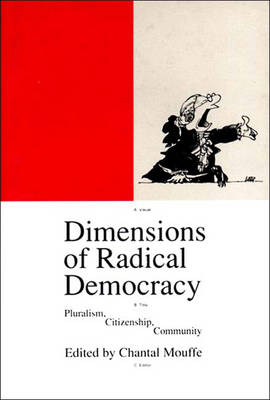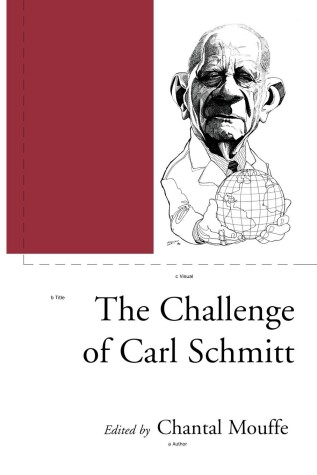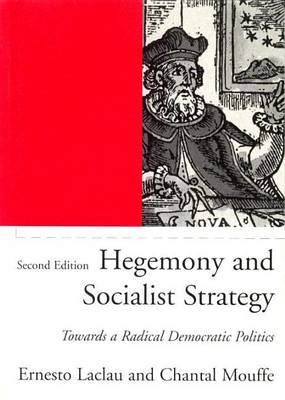Phronesis
3 total works
The themes of citizenship and community are today at the centre of a fierce debate as both Left and Right try to mobilize them for their cause. For the Left such notions are crucial in all the current attempts to redefine political struggle through extending and deepening democracy. But, argue the contributors to this volume, these concepts need to be made compatible with the pluralism that marks modern democracy. Rather than reject the liberal tradition, they argue, the aim should be to radicalize it. These essays set out to examine what types of 'citizen' and 'community' might be required by such a radical and plural democracy. From a range of disciplines and a fruitful diversity of theoretical perspectives, the contributors help us to address the following challenge: how to defend the greatest possible pluralism without destroying the very framework of the democratic political community. Despite their differences, a vision emerges from these essays which is sharply at odds both with the universalistic and rationalistic conception to be found in the work of Habermas, and with postmodern celebrations of absolute heterogeneity. For this book is an exploration of politics--of a politics where power, conflict and antagonism will always play a central role.
Carl Schmitt’s thought serves as a warning against the dangers of complacency entailed by triumphant liberalism. His conception of politics is a sharp challenge to those who believe that the blurring of frontiers between the left and right and the increasing mobilization of political discourse constitute great advances for democracy. Schmitt reminds us forcefully that the essence of politics is a struggle and that the distinction between friend and enemy cannot be abolished.
This key text of the new 'post-Marxism' criticizes the persistent essentialism of the Marxist tradition from Plekhanov via Lenin and Gramsci to Althusser, and proposes a radical renovation of theory and practice.


